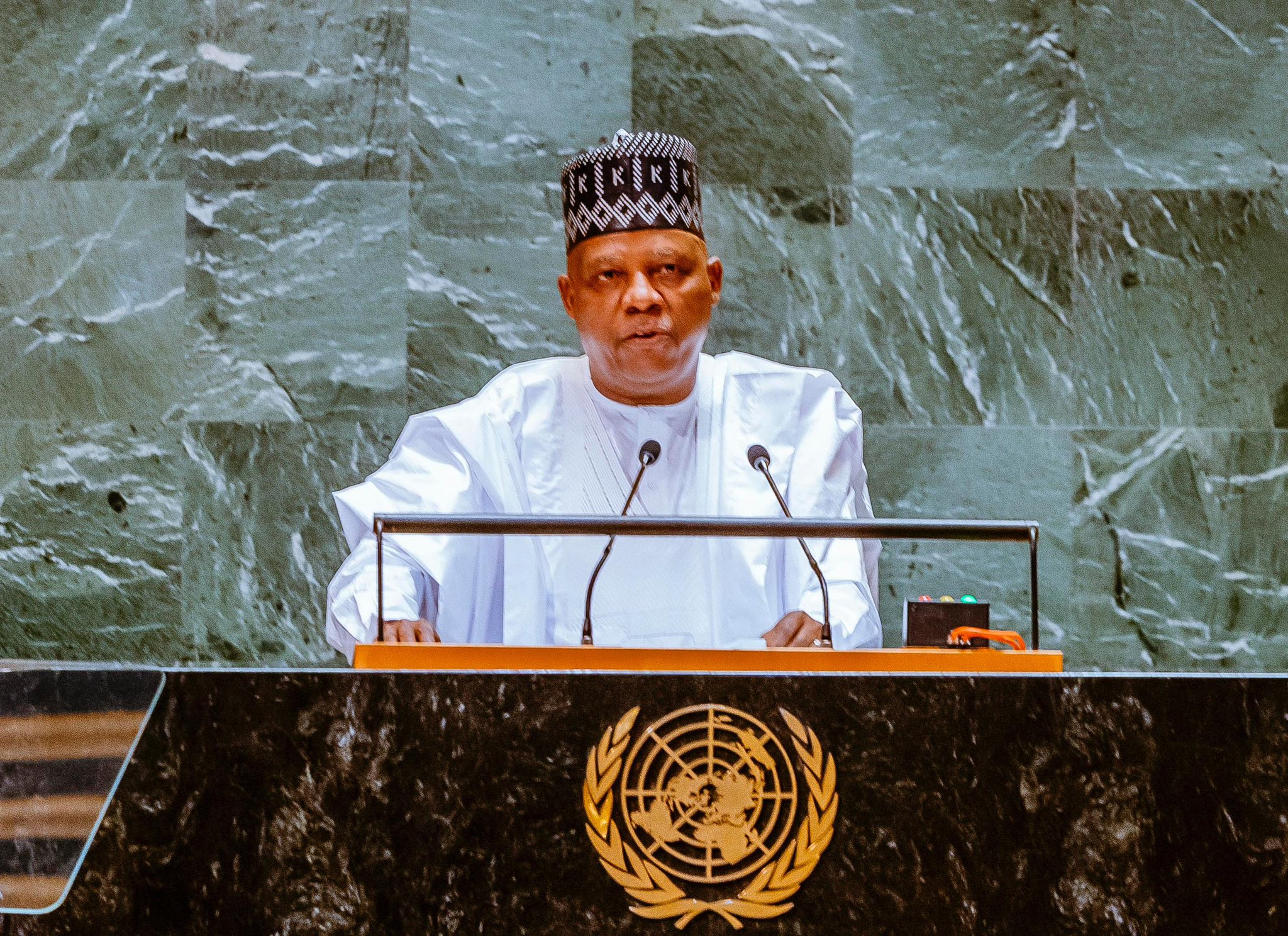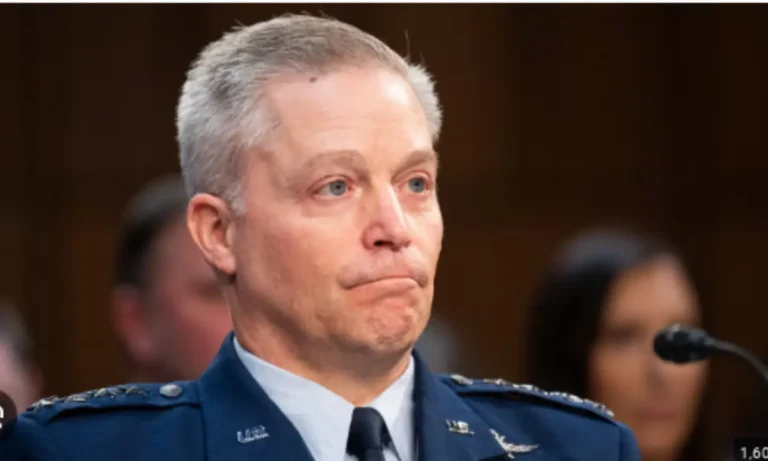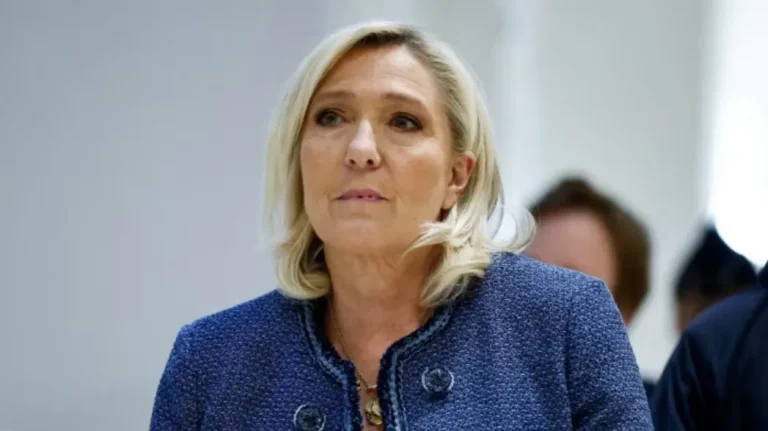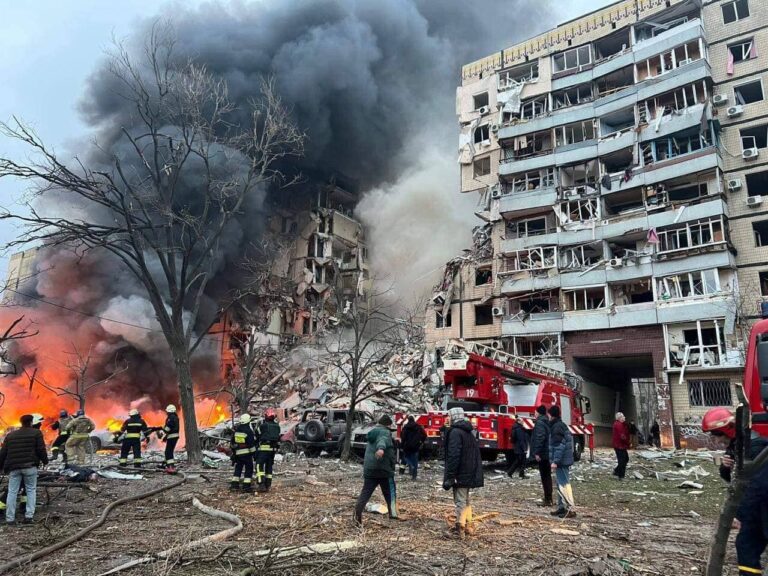
President Bola Tinubu has called on world leaders to recommit themselves to multilateralism by deepening relations among member states of the United Nations in line with the principles of inclusivity, equality and cooperation.
This, he said, is the surest guarantee of global action against existential challenges faced by the international community.
Tinubu, who is the Chairman of the Authority of Heads of States and Government of the Economic Community of West African States (ECOWAS) made the call while addressing world leaders during the General Debate of the ongoing 79th Session of the United Nations General Assembly at the UN headquarters in New York, United States.
Represented by Vice-President Kashim Shettima at the high-level annual global event, the President decried the steep descent to singularity and nationalism which, according to him, are undermining the quest for peaceful and collective resolution of global challenges such as terrorism, climate change, poverty, food crises, hyper-inflation, nuclear proliferation and grinding debt burden, among others.
The Nigerian leader reminded the world leaders that the United Nations stands for multilateralism which represents inclusiveness, anchored on the tripod of peace, sustainable development and human rights.
He expressed worry about the main objectives of the UN and how it could sustain the global body’s relevance and resilience, noting that the pillars of the organisation are at risk of being broken against the principles of inclusivity, equality and cooperation which it stands for.
The President stated: “Today, these pillars of our organisation are threatened. They risk being broken by the relentless pursuit of individual national priorities rather than the collective needs of the nations that are assembled here today.
“While commitment to multilateralism offers us the surest guarantee of global action to address the existential challenges we face, singularity and nationalism are undermining the aspirations towards the peaceful and collective resolution of such challenges.
“From last year’s summit, and indeed from previous years, we have carried over the numerous challenges of terrorism, armed conflict, inequality, poverty, racial discrimination, human rights abuses, food crises, hunger, irregular migration, piracy, global pandemics, hyper-inflation, nuclear proliferation, grinding debt burden, climate change, and a host of other vexations.
“The continued manifestation of these challenges testifies to our failings rather than to any lofty achievements on our part. Billions of dollars are being committed to the prosecution of wars and the fanning of the embers of conflict.”
Not satisfied, the President reaffirmed what he termed “Nigeria’s steadfast commitment to the deepening of multilateralism,” just as it did 65 years ago when it “joined the United Nations as the 99th Member-State.
“We remain committed to that “desire to remain friendly with all nations and participate actively in the works of the United Nations”, as expressed by our founding Prime Minister, Sir Abubakar Tafawa Balewa.”
The President also lamented what he described as the return of unconstitutional changes of government and forceful military coups in some African countries, saying these coups attest to how fragile democracy could become when it is not supported by economic development and sustained peace and security.


